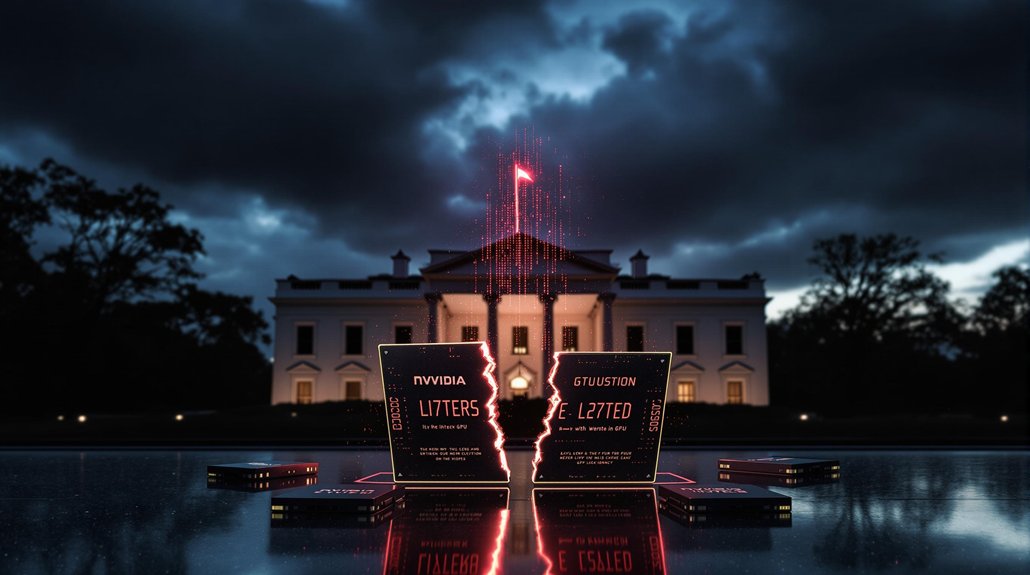The White House is considering a complete ban on DeepSeek, a Chinese AI company that officials say threatens both U.S. tech companies and national security. Several states have already blocked the AI firm from government devices amid concerns about data theft and espionage. Congress is now pushing bipartisan legislation called the “No DeepSeek on Government Devices Act.” The proposed federal restrictions highlight growing tensions in the high-stakes global AI race between America and China.
The White House is actively considering a nationwide ban on DeepSeek, a rising Chinese AI developer, as part of a national security investigation. Officials are concerned about data privacy risks and potential threats to national security from the company’s AI products. DeepSeek has quickly gained market share in the US, worrying both federal agencies and tech industry leaders.
The investigation also includes allegations that DeepSeek may have stolen intellectual property from American competitors, especially OpenAI. One measure being considered would restrict the Chinese firm’s access to advanced US technology, particularly Nvidia chips that power sophisticated AI systems. Reports indicate US President Donald Trump is contemplating a ban on US citizens using DeepSeek.
Federal officials investigate DeepSeek for IP theft from OpenAI, weighing restrictions on Nvidia chip access.
Government agencies have cited national security and privacy as the main reasons for potential bans. There’s worry that DeepSeek could be used to collect sensitive information or conduct espionage for the Chinese government. Several states, including New York, Virginia, and Oklahoma, have already banned the use of DeepSeek on government devices.
Congress has introduced the “No DeepSeek on Government Devices Act” to make these restrictions official nationwide. The move comes as US-China competition in AI technology intensifies, with DeepSeek’s success seen as a direct challenge to America’s leadership in the field. The Trump administration has committed massive funding to Project Stargate to maintain America’s competitive edge in artificial intelligence.
The White House is specifically looking at halting sales of Nvidia AI chips to DeepSeek and other Chinese companies. Such restrictions would require special licenses for future purchases, creating significant obstacles for Chinese AI development. DeepSeek exemplifies China’s strategy of developing cost-efficient AI that can outcompete Western alternatives in global markets.
State-level actions against DeepSeek continue to spread, with South Dakota and Oklahoma implementing new bans in March 2025. Attorneys General from 21 states have publicly supported federal ban initiatives, adding pressure on Congress to act quickly.
The proposed restrictions are part of broader efforts by the US government to maintain technological advantages over China. DeepSeek’s rapid rise to the top of app store charts after its January launch has forced Silicon Valley companies to lower their prices, highlighting the competitive threat that’s driving these policy responses.









